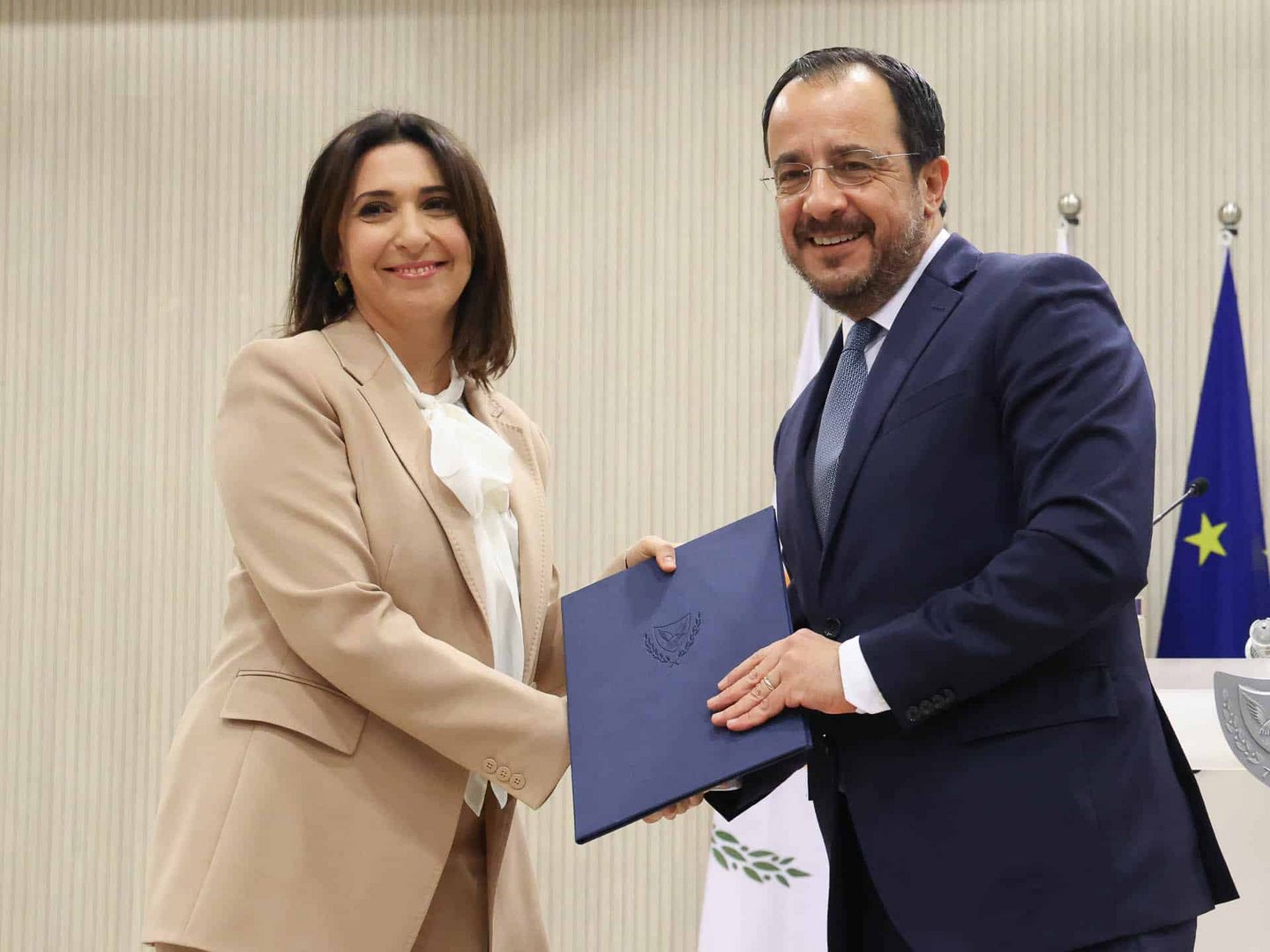The legality or otherwise of deputy ministries may be taken to court, with lawyer Christos Clerides announcing on Tuesday his intention to bring the matter before the judiciary.
In a post on social media, he said, “today, we laid the groundwork for the development of our submission to the courts that deputy ministries are unconstitutional.
“They operate on the basis of appointments to deputy ministries by the President. However, the constitution gives specific powers to the President which do not include the power to appoint deputy ministers.”
He added that “the President does not have the power to expand the law.”
Constitutionally, he said, executive power is wielded by the cabinet and its ministers, but given that deputy ministries are not defined in the constitution, they do not wield executive power.
He added, “the exercise of ministerial power by deputy ministries interferes with the powers of ministers and ministries according to the constitution,” and said the matter will be referred to the Supreme constitutional court.
There are currently six deputy ministries in Cyprus, five of which were created during Nicos Anastasiades’ presidential terms. They are the research, social welfare, culture, shipping, and tourism deputy ministries.
Incumbent President Nikos Christodoulides created a sixth deputy ministry, the European affairs deputy ministry, swearing in Marilena Raouna as its first deputy minister in January.
Plans are afoot for a seventh deputy ministry, focusing on matters pertaining to migration, to be created, with parliament having approved its creation in February.
However, questions were immediately raised regarding such a deputy ministry’s legality by non-governmental organisation Kisa’s executive director Doros Polykarpou.
He concurred with Clerides, telling the Cyprus Mail the creation of such a deputy ministry would be “constitutionally questionable,” and asking “where does political power lie in terms of government with such a thing?
“According to our constitution, we have a cabinet which is attended by ministers, and ministers vote on matters of government policy. Deputy ministers are not ministers, they do not have voting power at cabinet,” he said.
He added, “in this case, if there is a matter regarding migration which needs to be brought up at cabinet, who brings it up? Who represents these issues at cabinet? The answer is they end up not being represented at all.
“A deputy minister has neither a voice nor a vote,” he said.
He also made reference to existing deputy ministries, saying “look at the social welfare deputy ministry. Did anything change for the better when that was created? Did things improve for social insurance, for welfare payments, for access to state benefits?
“Did the creation of that deputy ministry make the government more productive? If anything, it made things worse and it slowed processes down, if it changed anything at all,” he said.







Click here to change your cookie preferences